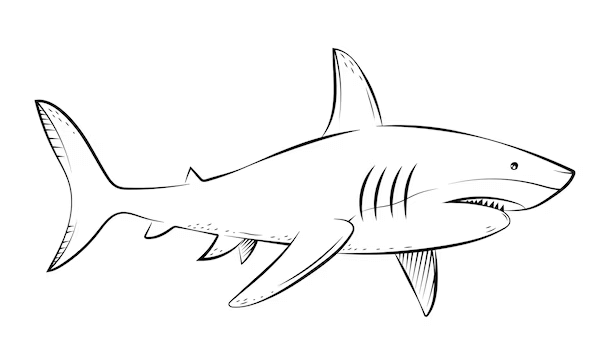Outline:3kwoacfblso= Shark

The study of Outline:3kwoacfblso= Shark reveals a complex interplay between their unique biology and ecological significance. As apex predators, these creatures exhibit sophisticated behaviors and social structures that challenge our understanding of marine life. However, their vital role in maintaining ecological balance is increasingly threatened by human activities. This raises critical questions about conservation strategies and the effectiveness of current measures. What implications do these challenges have for the future of marine ecosystems, and how might our understanding of shark biology inform more effective conservation efforts?
Fascinating Shark Biology
Shark biology represents a remarkable convergence of evolutionary adaptations that have enabled these apex predators to thrive in diverse marine environments.
Central to their success is unique shark anatomy, including a streamlined body and specialized fins for efficient movement.
Additionally, their highly developed shark senses, such as acute olfactory capabilities and electroreception, allow them to detect prey and navigate complex underwater landscapes effectively.
Shark Behavior and Social Structures
Although often perceived as solitary hunters, many shark species exhibit complex social behaviors and interactions that are crucial for their survival and reproductive success.
These interactions include sophisticated shark communication, such as body language and electroreception, which facilitate coordinated hunting strategies.
Social structures can vary, with some species forming groups that enhance their efficiency in locating prey and avoiding threats.
Importance of Sharks in Ecosystems
The intricate social behaviors observed in many shark species highlight their role as integral components of marine ecosystems.
Shark diversity contributes significantly to maintaining ecological balance through their various ecological roles, including predator, scavenger, and prey.
Read Also Outline:2-Jobzazick= Butterfly Clipart
Conservation Efforts and Challenges
How can effective conservation strategies be implemented to protect shark populations amidst growing environmental threats?
Combating shark fishing and habitat destruction requires collaborative international policies, rigorous enforcement of fishing regulations, and habitat restoration initiatives.
Additionally, public awareness campaigns can foster community involvement in conservation.
Addressing these challenges holistically is essential for ensuring the survival of sharks, which are vital to marine ecosystems.
Conclusion
In conclusion, the extraordinary biology of Outline:3kwoacfblso= Shark, the complexity of their behaviors and social structures, the essential roles they play in marine ecosystems, and the pressing need for effective conservation efforts collectively underscore their significance. Protecting sharks ensures the stability of marine environments, promotes biodiversity, and fosters ecological resilience. As apex predators, their survival is intertwined with the health of oceans, highlighting the necessity for comprehensive strategies to address the challenges they face and to secure their future.



